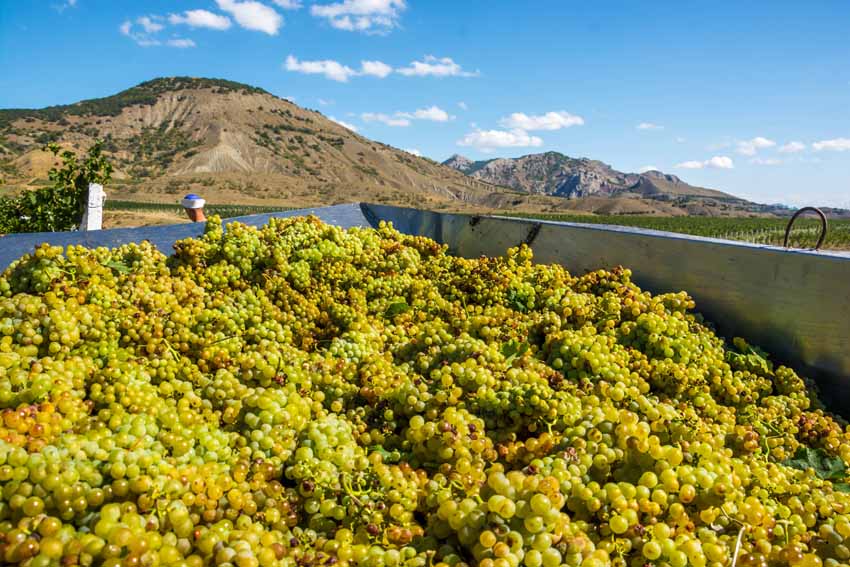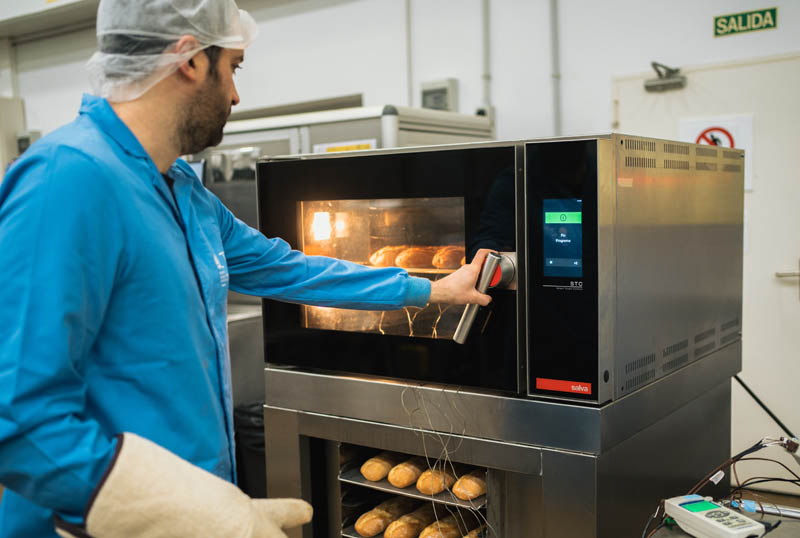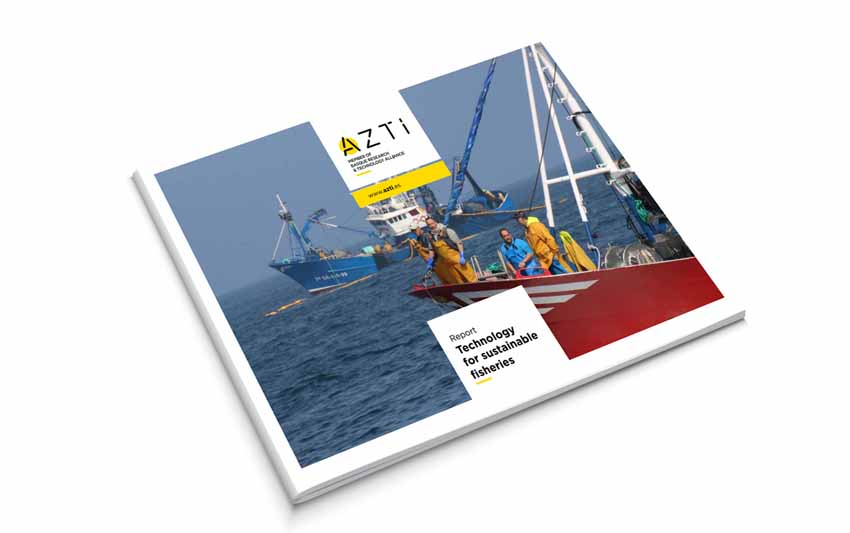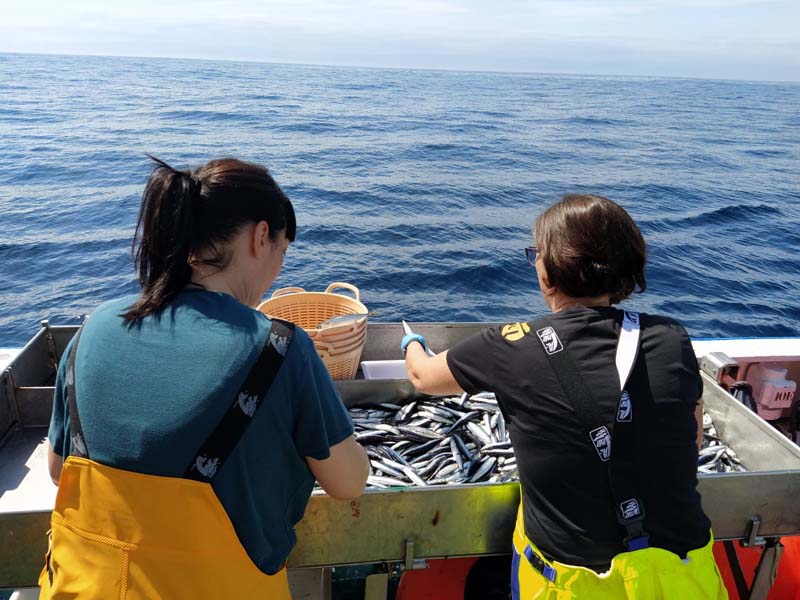GIANT LEAPS to accelerate the transition to alternative dietary proteins
Últimas noticias
Una mirada LGTBIQ+ al reino animal
Circular Economy in Action: Valorisation of By-products through Projects like PRIMA NEWFEED
Strategic Perspectives: Highlights from the Food4Future World Summit for Business Leaders
AZTI is delighted to announce their participation in a new Horizon Research and Innovation Action called GIANT LEAPS. This EU-funded project aims to accelerate the transition from animal-based to alternative dietary proteins.
This dietary shift is key to reducing the footprint of our food system in terms of environmental impacts and improving the health and well-being of people, animals, and the planet. The project will deliver strategic innovations, methodologies, and open-access datasets to speed up this dietary shift, in line with the Farm-to-Fork strategy and contributing to the European Green Deal target of reaching climate neutrality by 2050. The EU supports this project with €10.3 million in funding over 4 years, starting 1 September 2022. In total GIANT LEAPS has a budget of €11.9 million.
The GIANT LEAPS project will assess alternative protein sources, benchmark them against traditional animal proteins and define future diets optimized for environmental and health impact. The alternative protein sources that will be researched include plant-based proteins, microbe & fungal proteins, ocean-based proteins, insect-based proteins, cultured meat, and traditional proteins. The project will also address the challenges of using alternative protein sources for human food applications such as ingredients processing and food production; safety by design, including allergenicity; digestibility and health; and sustainability, biodiversity, and climate.
The innovations and improved methods combined with accessible and comprehensive information, generated for a wide collection of alternative proteins, will enable policymakers to prioritise changes in the food system towards the dietary shift based on the desired impact; value chain actors to make strategic scientific, business and investment choices; and the general public to make more sustainable and healthy dietary choice. The GIANT LEAPS consortium consists of 34 partners from across Europe, that range from start-ups to universities and research institutes to accommodate for the multidisciplinary nature and scope of the project. Early September, project coordinator Dr. Paul Vos from Wageningen Research hosted the first project meeting in Wageningen, the Netherlands which provided the consortium partners the opportunity to meet each other and plan for the 4-year duration of the project.

AZTI will work mainly in two fronts. AZTI will work mainly on two fronts. On the one hand, it will participate in the development of a data platform that will integrate protein information from open data sources and information generated in the project itself. It will contribute its expertise in the use of artificial intelligence techniques to train predictive models of new alternative protein properties and will contribute to the design of an interface to interact with the dataset and the developed functionalities. On the other hand, we will search for ways to optimise the dietary shifting, focusing on the composition of future diets with alternatibe proteins food.
Late September invited stakeholders provided their input at the first GIANT LEAPS Stakeholder Board to ensure that the project delivers relevant insights and solutions. As the project progresses GIANT LEAPS aims to attract more stakeholder groups representatives to provide their advice, including consumer associations, primary producers, food industry, retail/hospitality industry, public health authorities, risk assessors, and policymakers.







